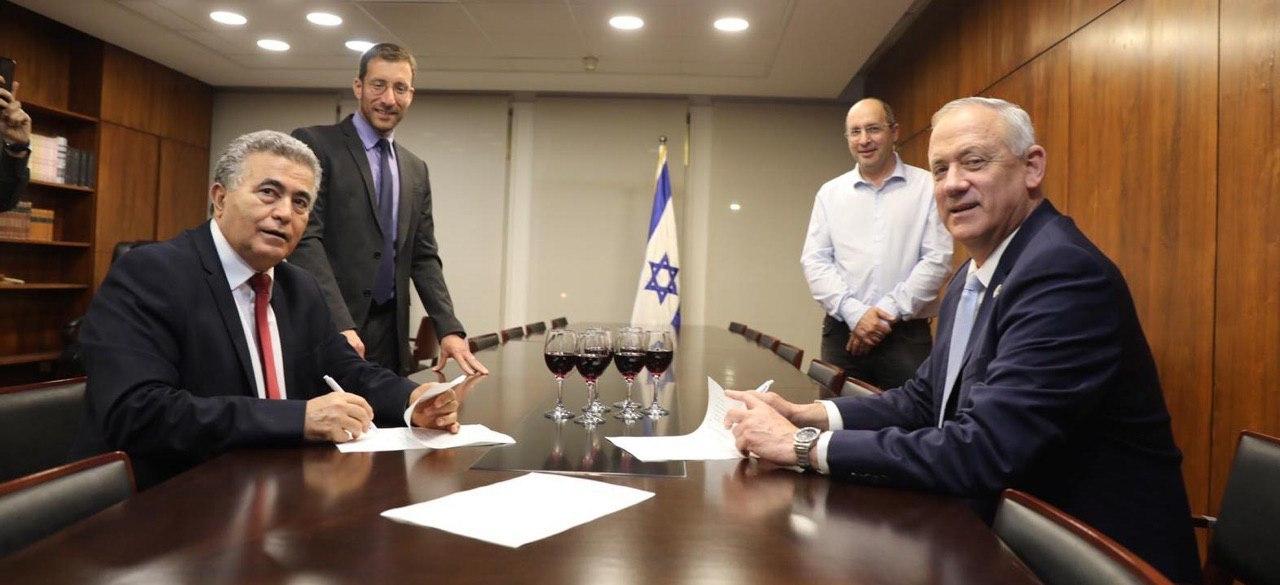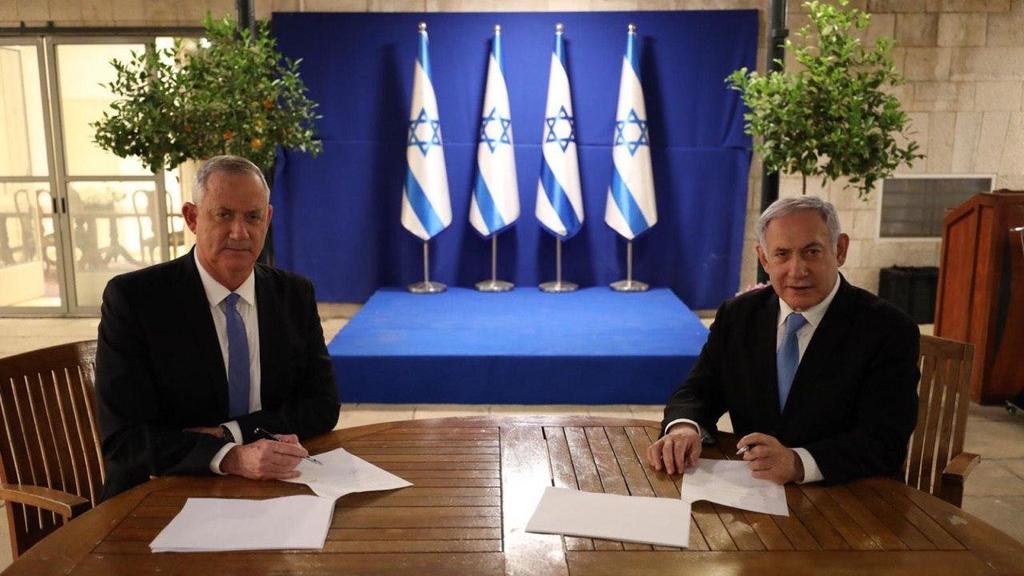The Labor party voted on Sunday to join the incoming government headed by arch-rival Benjamin Netanyahu, despite repeated campaign promises to never sit with a prime minister facing criminal indictments.
The once-mighty left-wing party dominated Israeli politics for the country's first three decades, but has since fallen to a historic low of three seats in the 120-member parliament. Netanyahu's right-wing Likud is the largest faction, with 36 seats.
Around 3,800 members of Labor's Central Committee were eligible to vote electronically on party leader Amir Peretz's proposal to join the unity government headed by Netanyahu and his main political adversary, Benny Gantz of the Blue & White party.
Israeli media said the measure passed by a roughly 60-40 margin.
The party's only other MK, Merav Michaeli, was against the move. On Sunday, she branded the coalition agreement "an embarrassing collection of lies and distortions" and vowed to oppose it in the courts, the Israeli media reported.
After three deadlocked national elections in just over a year, Gantz and Netanyahu agreed earlier this month to form what they called an "emergency" government to address the coronavirus pandemic and the resulting economic crisis.
Unemployment has shot up to more than 27% since the beginning of March as Israel has forced many businesses to close to prevent the virus's spread.
The Health Ministry has reported over 15,000 cases and 201 deaths, although the rate of infection appears to be slowing.
As part of their unity deal, Netanyahu and Gantz agreed to share the premiership, with Netanyahu serving as prime minister the first 18 months and Gantz serving the next 18 months.
Gantz, however, has come under heavy criticism for giving a lifeline to Netanyahu and abandoning his promises never to sit in a government with an indicted prime minister.
Netanyahu is scheduled to face trial next month on charges of fraud, breach of trust and accepting bribes. He denies the charges.
Under the coalition deal, Labor would receive two government ministries.
One of those would-be ministers, Labor MK Itzik Shmuli, said on Twitter that entering the government was the right thing to do and would allow the party to promote its social agenda and to "put the brakes" on any attempts to undermine democracy.
But critics have noted that Labor could now become an accessory to dismantling the Oslo peace accords by the Palestinians.
The interim agreements were spearheaded by Labor Prime Minister Yitzhak Rabin, who was assassinated by a far-right Jewish extremist in 1995.
The Netanyahu-Gantz agreement includes a clause to advance plans to annex parts of the West Bank, including Israeli settlements, starting on July 1. Such a move would all but destroy any remaining hopes of establishing a Palestinian state.




